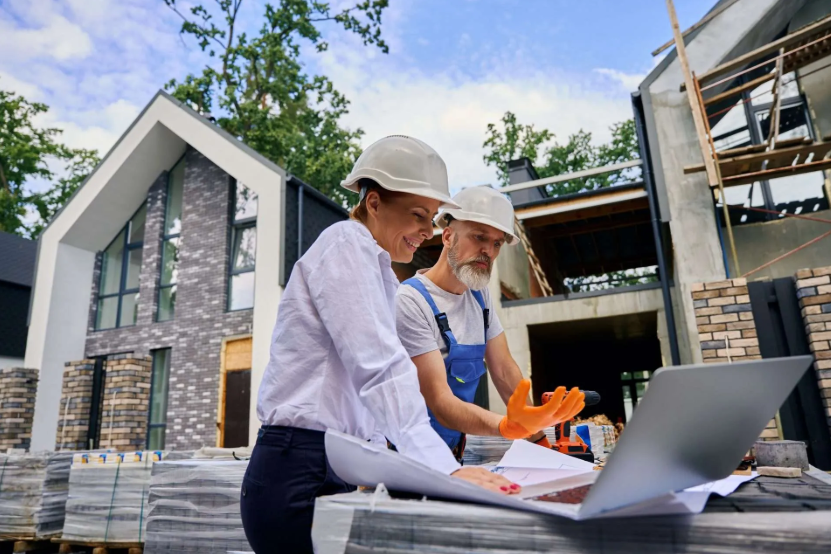
Why Leisure Construction Is a Smart Bet for Developers
The leisure industry has become one of the most resilient and profitable sectors in the UK property market. People are spending more on experiences than ever before, whether that’s a weekend at a spa, a family holiday at a caravan park, or joining the local gym. Developers who’ve cottoned on to this trend are finding themselves in a pretty sweet spot, with demand for quality leisure venues showing no signs of slowing down.
The Market Is Absolutely Booming
What makes leisure construction so appealing is how it hits different demographics all at once. Your typical retiree might be looking for a quiet wellness retreat, whilst families want adventure parks and entertainment complexes for the kids. This means developers aren’t putting all their eggs in one basket; they’re building facilities that appeal to everyone from teenagers to grandparents.
Companies specialising in innovative leisure and recreation construction services have really hit the nail on the head with this approach. They’re taking those wild ideas that clients dream up and turning them into proper money-makers. Whether it’s leisure and recreation construction for traditional venues or something completely out of the box, there’s genuine scope for creativity here that you just don’t get with standard commercial builds.
Planning Permission Is Less of a Headache
Here’s something that might surprise you: councils actually like leisure developments. Unlike other shopping centres or office blocks, leisure facilities bring real benefits to local communities. They create jobs, bring visitors who spend money locally, and give residents somewhere decent to go at weekends.
This goodwill from planning committees can make the whole approval process much smoother. Many leisure projects also qualify for grants and funding schemes, which isn’t something you see with typical commercial developments.
Multiple Ways to Make Money
The beauty of leisure facilities is that they’re rarely one-trick ponies. Take a typical holiday park: you’ve got accommodation fees, restaurant takings, shop sales, and entertainment bookings all rolling in. Compare that to a standard commercial property where you’re relying on one tenant paying rent each month, and you can see why developers are getting excited about the diversification potential.
Gyms and fitness centres are particularly clever with their membership models, providing a steady monthly income that you can bank on. Meanwhile, function rooms and event spaces can charge premium rates for weddings, conferences, and parties. The really smart developers are building spaces that can be reconfigured throughout the year, so a conference room in winter might become a children’s activity zone during school holidays.
See also: Why E-Waste Recycling Is a Growing Business Need
Building for the Long Term
The leisure industry moves fast, and what’s trendy today might be old hat in five years. That’s why the best leisure construction projects focus on flexibility from day one. Modular designs and adaptable infrastructure mean facilities can evolve with changing tastes and trends.
Technology integration has become absolutely crucial, too. People expect to book classes on their phones, check availability online, and have personalised experiences when they visit. Developers who plan for this from the outset often find they can add new revenue streams through apps, digital services, and data insights long after the building work is finished.
The numbers don’t lie when it comes to leisure construction; it’s one of the few sectors that combines genuine community benefit with solid financial returns. These aren’t just buildings that house businesses; they’re places where people create memories, improve their health, and spend their precious free time. For developers willing to think beyond traditional commercial property, the leisure sector offers opportunities that are both profitable and genuinely rewarding.



